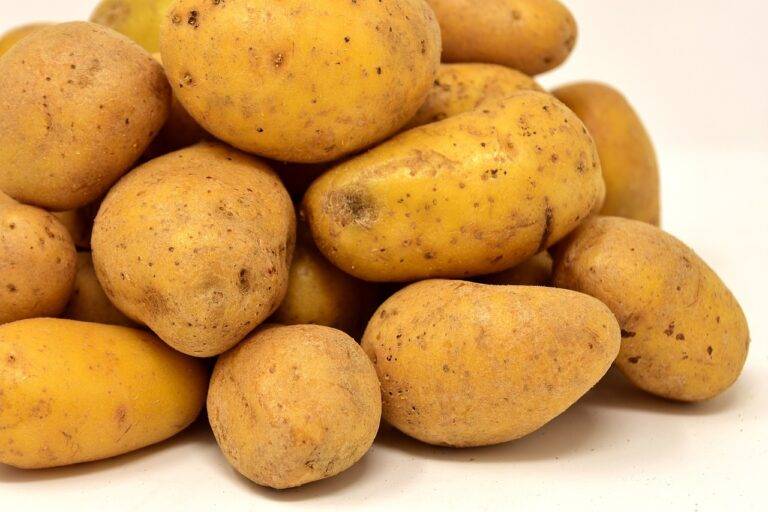The Influence of Meat Consumption on Global Trade Relations: 11xplay reddy login registration, Reddy anna whatsapp number, Golden7777
11xplay reddy login registration, reddy anna whatsapp number, golden7777: Meat consumption plays a significant role in global trade relations, with countries around the world engaging in trade agreements and negotiations to meet the demand for meat products. The production and consumption of meat have far-reaching implications for the global economy, the environment, and public health. In this article, we will delve into the influence of meat consumption on global trade relations and explore how this impacts various aspects of international commerce.
The Meat Industry and Global Trade
The meat industry is a major player in global trade, with countries exporting and importing large quantities of meat products to meet consumer demand. The demand for meat has been steadily increasing over the years, driven by factors such as population growth, rising incomes, and changing dietary preferences. As a result, countries that produce large quantities of meat, such as the United States, Brazil, and Australia, have become major players in the global meat trade.
International trade agreements play a crucial role in regulating the flow of meat products between countries. These agreements set out rules and regulations governing the import and export of meat, including tariffs, quotas, and sanitary and phytosanitary standards. Countries negotiate these agreements to protect their domestic producers, ensure food safety, and promote fair trade practices. Failure to comply with these regulations can result in trade disputes and barriers to market access.
The Impact of Meat Consumption on the Environment
The production and consumption of meat have significant environmental impacts, including deforestation, greenhouse gas emissions, and water pollution. Livestock farming is a major contributor to deforestation, as forests are cleared to make way for grazing land and feed crops. This destruction of forests not only reduces biodiversity but also releases large amounts of carbon dioxide into the atmosphere, contributing to climate change.
Livestock farming is also a major source of greenhouse gas emissions, particularly methane and nitrous oxide. Methane is produced during enteric fermentation in ruminant animals such as cows, while nitrous oxide is released from the application of manure and fertilizers. These emissions contribute to global warming and have a significant impact on the environment.
Water pollution is another concern associated with meat production, as animal waste and chemicals from feed crops can contaminate water sources. This pollution can harm aquatic ecosystems, disrupt water supplies, and pose risks to human health. In addition, the excessive use of water for livestock farming can lead to water scarcity in arid regions, exacerbating the global water crisis.
The Role of Meat Consumption in Public Health
The consumption of meat has been linked to various health issues, including heart disease, diabetes, and cancer. Red and processed meats, in particular, have been associated with an increased risk of chronic diseases due to their high levels of saturated fats, cholesterol, and additives. As a result, many health organizations recommend limiting the intake of red and processed meats and opting for leaner alternatives such as poultry, fish, and plant-based proteins.
In addition to its impact on individual health, meat consumption also plays a role in the spread of infectious diseases. The intensification of livestock farming and the global trade of meat products have created opportunities for pathogens to spread between animals and humans, leading to outbreaks of zoonotic diseases such as avian influenza and swine flu. The emergence of these diseases poses risks to public health and highlights the need for improved food safety measures and disease surveillance.
FAQs
Q: How does meat consumption affect global trade relations?
A: Meat consumption influences global trade relations by driving demand for meat products and shaping trade agreements between countries. The production and consumption of meat have far-reaching implications for the economy, the environment, and public health, leading to complex trade negotiations and disputes.
Q: What are some of the environmental impacts of meat production?
A: Meat production has significant environmental impacts, including deforestation, greenhouse gas emissions, and water pollution. Livestock farming contributes to deforestation, releases greenhouse gases into the atmosphere, and contaminates water sources with animal waste and chemicals.
Q: How does meat consumption affect public health?
A: Meat consumption has been linked to various health issues, including heart disease, diabetes, and cancer. Red and processed meats, in particular, have been associated with an increased risk of chronic diseases due to their high levels of saturated fats, cholesterol, and additives.
Q: What can individuals do to reduce the impact of meat consumption on the environment and public health?
A: Individuals can reduce their meat consumption by opting for plant-based proteins, choosing leaner alternatives such as poultry and fish, and supporting sustainable and ethical farming practices. By making conscious choices about their diet, individuals can help mitigate the environmental and health impacts of meat production.







